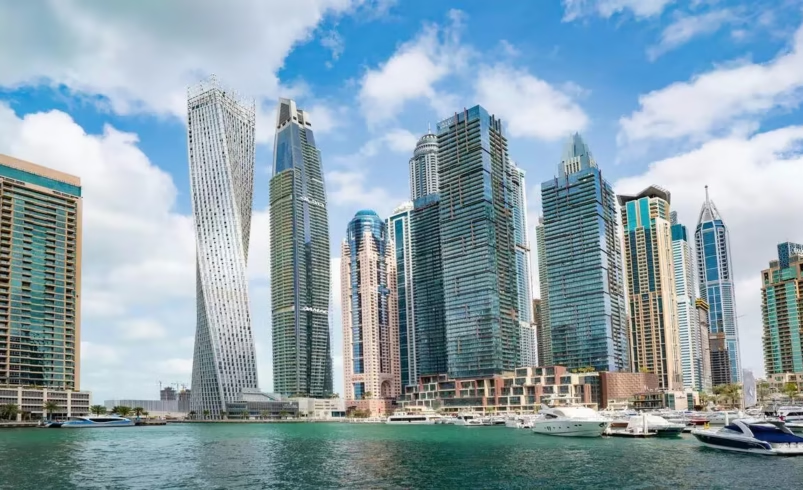UAE 2025 Minimum Wage Insights: Key Details Unveiled
- July 12, 2025
- 0

The United Arab Emirates does not currently implement a national minimum wage policy. Instead, the country relies on salary benchmarks that vary across different sectors. This approach allows for flexibility and adaptation to the unique economic conditions of each industry. The absence of a standardized minimum wage has prompted discussions about potential reforms to address the rising cost of living and ensure fair compensation for all workers.
The UAE’s Wage Protection System (WPS) plays a crucial role in safeguarding employee rights by ensuring timely salary payments. This system has recently been expanded to include domestic workers, reflecting the nation’s commitment to enhancing labor rights and protections. By mandating electronic salary transfers, the WPS aims to prevent wage delays and disputes, thereby fostering a more transparent and accountable employment environment.
As living expenses continue to climb, there is growing pressure on policymakers to introduce wage reforms that can alleviate financial burdens on workers. The increasing cost of housing, utilities, and everyday necessities has sparked calls for sector-specific minimum wages that would provide a more equitable distribution of income across various industries.
The UAE is gradually moving towards greater transparency in wage practices. This shift is expected to enhance trust between employers and employees, as well as attract international talent by showcasing fair and competitive compensation standards. The potential introduction of sector-specific minimum wages could serve as a significant step towards achieving these goals, ensuring that all workers receive fair remuneration for their contributions.